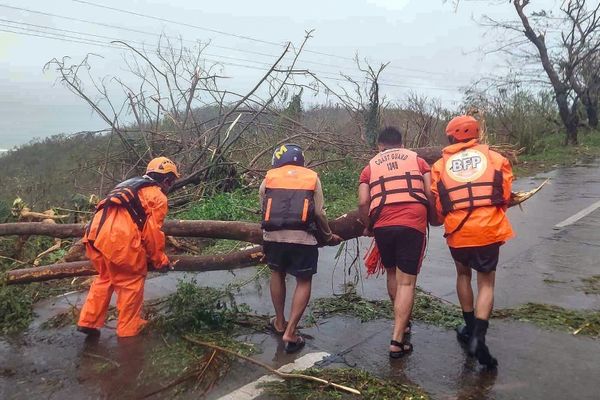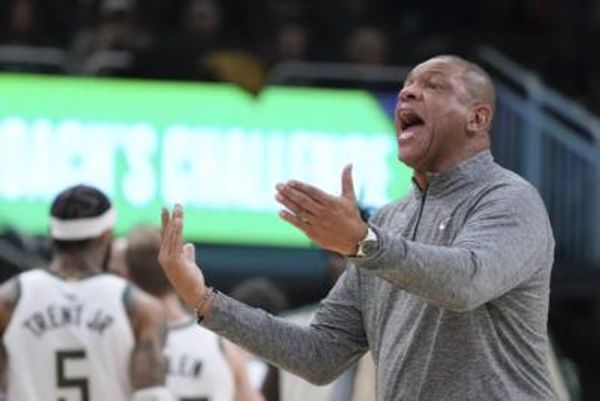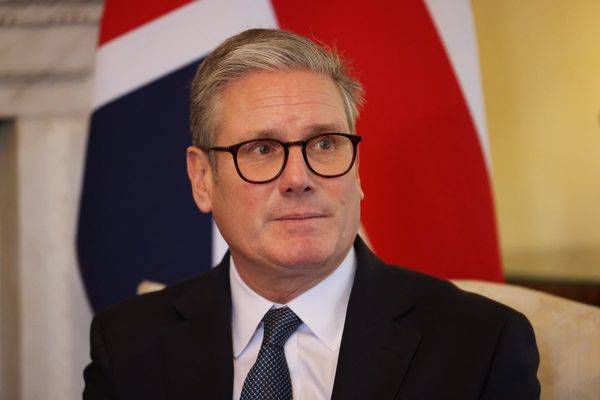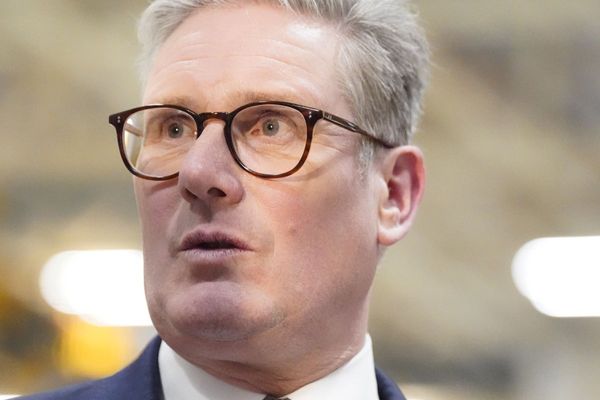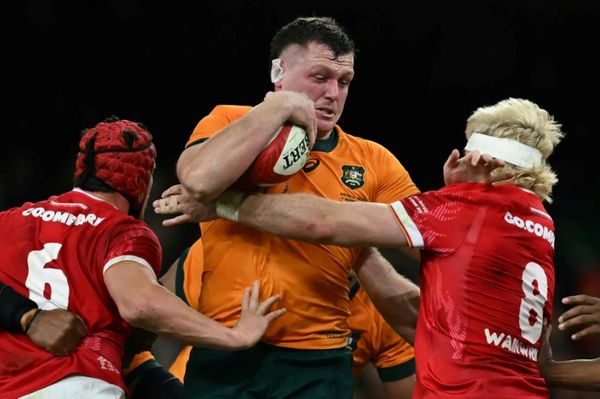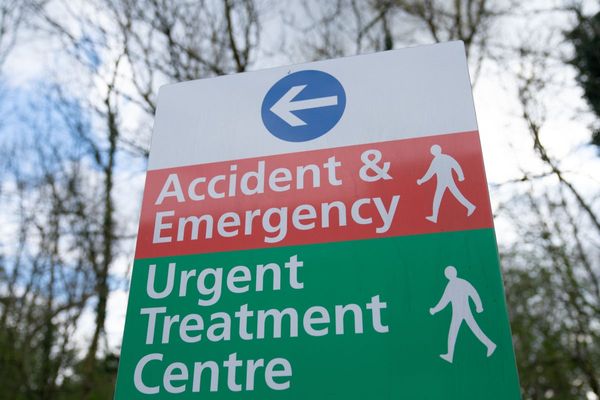
Kyiv (Ukraine) (AFP) - A Russian missile strike on a crowded mall in central Ukraine killed at least 10 people Monday, as G7 leaders in Germany discussed fresh sanctions against Moscow and pledged continuing support for Kyiv.
The attack came hours after Ukraine's President Volodymyr Zelensky had urged G7 leaders, in a speech via video-link, to help end the war before harsh winter conditions set in.
Later Monday, Zelensky shared a video showing a shopping centre in the central city of Kremenchuk engulfed in flames with dozens of rescuers and a fire truck outside.
Regional governor Dmytro Lunin warned that the death toll could rise.
In the east, Oleg Synegubov, the head of Kharkiv's regional administration, said a Russian strike on Ukraine's second city had killed four people and wounded 19 others, including four children.
British Prime Minister Boris Johnson, speaking from the G7 gathering in the Bavarian Alps, said the Kremenchuk attacked demonstrated the "depths of cruelty and barbarism" of Russian leader Vladimir Putin.
US Secretary of State Antony Blinken said the world was "horrified" by the strike, while UN chief Antonio Guterres's office condemned it as "totally deplorable".
'Intensify sanctions'
US President Joe Biden and his peers from the Group of Seven rich nations, meeting in the Bavarian Alps, had already pledged to tighten the economic screws on Moscow over its February 24 invasion of Ukraine.
Their show of unity came even as the fallout from the war intensifies, with soaring energy and food prices driving up global inflation.
"We will continue to provide financial, humanitarian, military and diplomatic support and stand with Ukraine for as long as it takes," the G7 said in a statement on the summit's second day.
Zelensky had urged leaders to "intensify sanctions" on Moscow to help end the war before winter worsened the conditions for his troops.
"We will continue to increase pressure on (Vladimir) Putin," summit host German Chancellor Olaf Scholz said in response."This war has to come to an end."
G7 leaders are discussing a price cap on Russian oil imports and sanctions targeting Russia's defence sector.
NATO boost
Washington plans to send Ukraine sophisticated anti-aircraft missiles, US National Security Advisor Jake Sullivan told reporters, meeting a long-standing request from Zelensky.
Once the summit of the G7 -- which comprises Britain, Canada, France, Germany, Italy, Japan and the United States -- ends on Tuesday, it will be immediately followed by a NATO meeting in Spain.
Ukraine is again expected to dominate the agenda.
NATO said on Monday it would boost its high readiness force from 40,000 to 300,000 troops and send more heavy weaponry to its eastern flank.
NATO Secretary General Jens Stoltenberg called it "the biggest overhaul of our collective defence and deterrence since the Cold War".
Lithuania meanwhile announced it had been targeted Monday by a massive cyberattack.
Jonas Skardinskas, the head of Lithuania's National Cyber Security Centre, said secure servers had been among those targeted in the attack, which he said had "probably" come from Russia.
The Russian hackers' group Killnet claimed responsibility for the cyberattack, which it said was in retaliation for restrictions imposed by Lithuania earlier in June.
Russia last week threatened reprisals against the Baltic state for having banned the rail transit of certain goods to the Russian exclave of Kaliningrad.Vilnius said it was simply applying European Union sanctions.
'Toughest days'
Since failing to capture Kyiv early in the war, Russian troops have focused on the eastern Donbas region, where they have been gaining ground.
Russian shelling has continued in and around the eastern city of Lysychansk, after Russian forces at the weekend took its twin city, the industrial hub Severodonetsk, after weeks of fierce fighting.
"Lysychansk and nearby villages are living their toughest days," said Lugansk regional governor Sergiy Gaiday.
Taking Lysychansk would give Russia control of the entire Lugansk region of the Donbas.
The eastern city of Sloviansk was also experiencing intense Russian bombing.
As police carried away the victim of the latest strike on Monday morning, one officer asked a colleague: "Not at night, but in the daytime -- how much more can we take?"
Gold, oil, debt
Sweeping Western sanctions designed to choke off Moscow's access to the international financial system have pushed Russia closer to its first foreign debt default in a century.
Russia said Monday two of its debt payments had been prevented from reaching creditors after a key deadline expired.
But "there are no grounds to call this situation a default", Kremlin spokesman Dmitry Peskov said.
G7 members, after kicking off their gathering on Sunday with a plan to ban imports of Russian gold, had also made progress in talks on a price cap on Russian oil, a senior US official said Monday.
The aim is to starve the Kremlin of a key revenue stream and force down the price of Russian oil in the hope of reining in inflation, the official said.
But European officials fear it will be difficult to implement and say more discussions are needed.
To help bring down surging crude prices, France urged oil-producing nations raise output in an "exceptional manner".
G7 leaders want money collected from higher trade tariffs imposed on Russian exports to be funnelled as aid to Ukraine "to ensure that Russia pays for the cost of its war", said a senior US official.
Russia's foreign ministry on Monday announced the expulsion of eight Greek diplomats, over the decision by Athens to supply military equipment including weapons to Ukraine.
Moscow also banned another 43 Canadian citizens from its territory, in response to sanctions imposed by Ottawa over the invasion of Ukraine.
